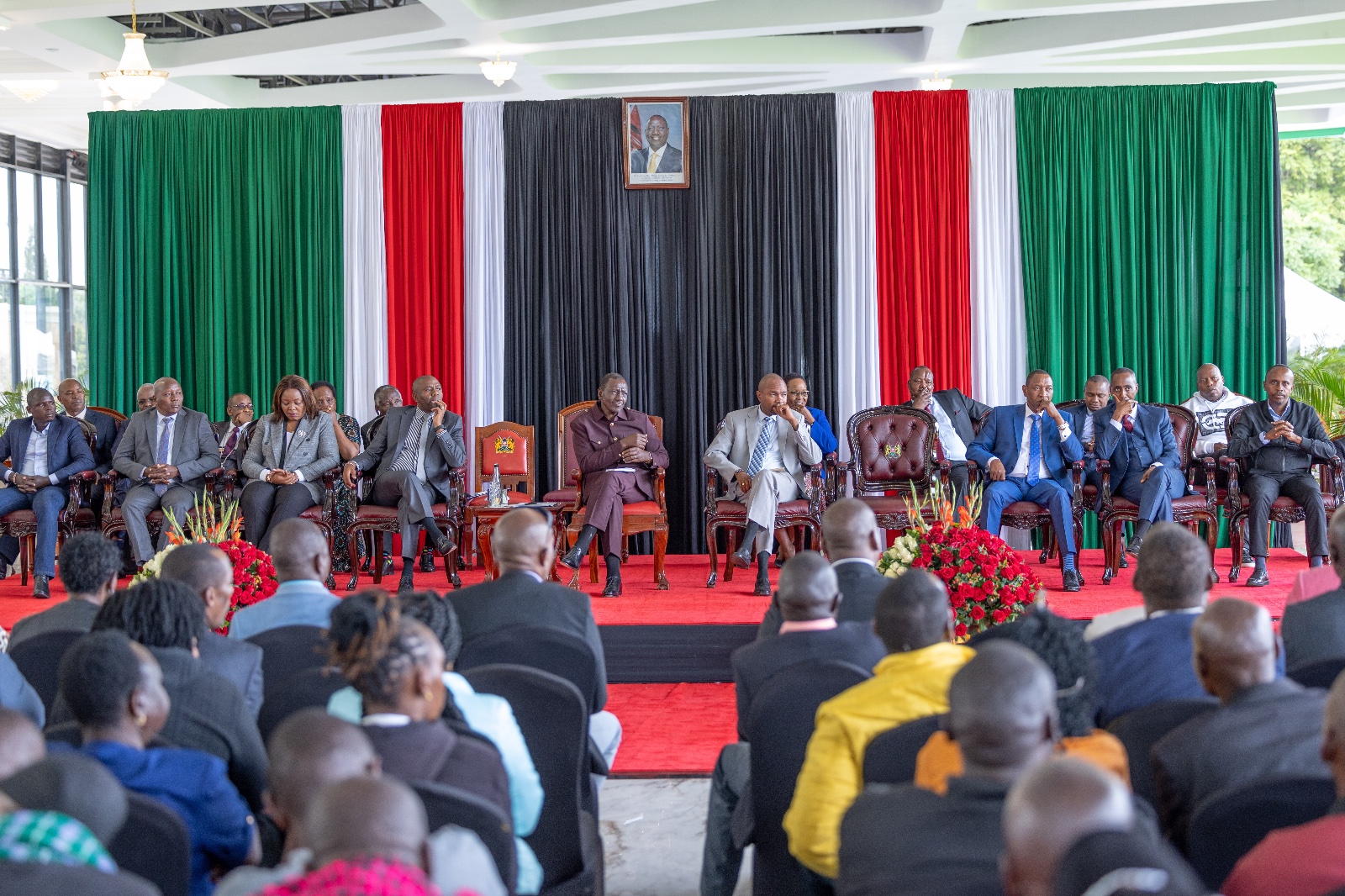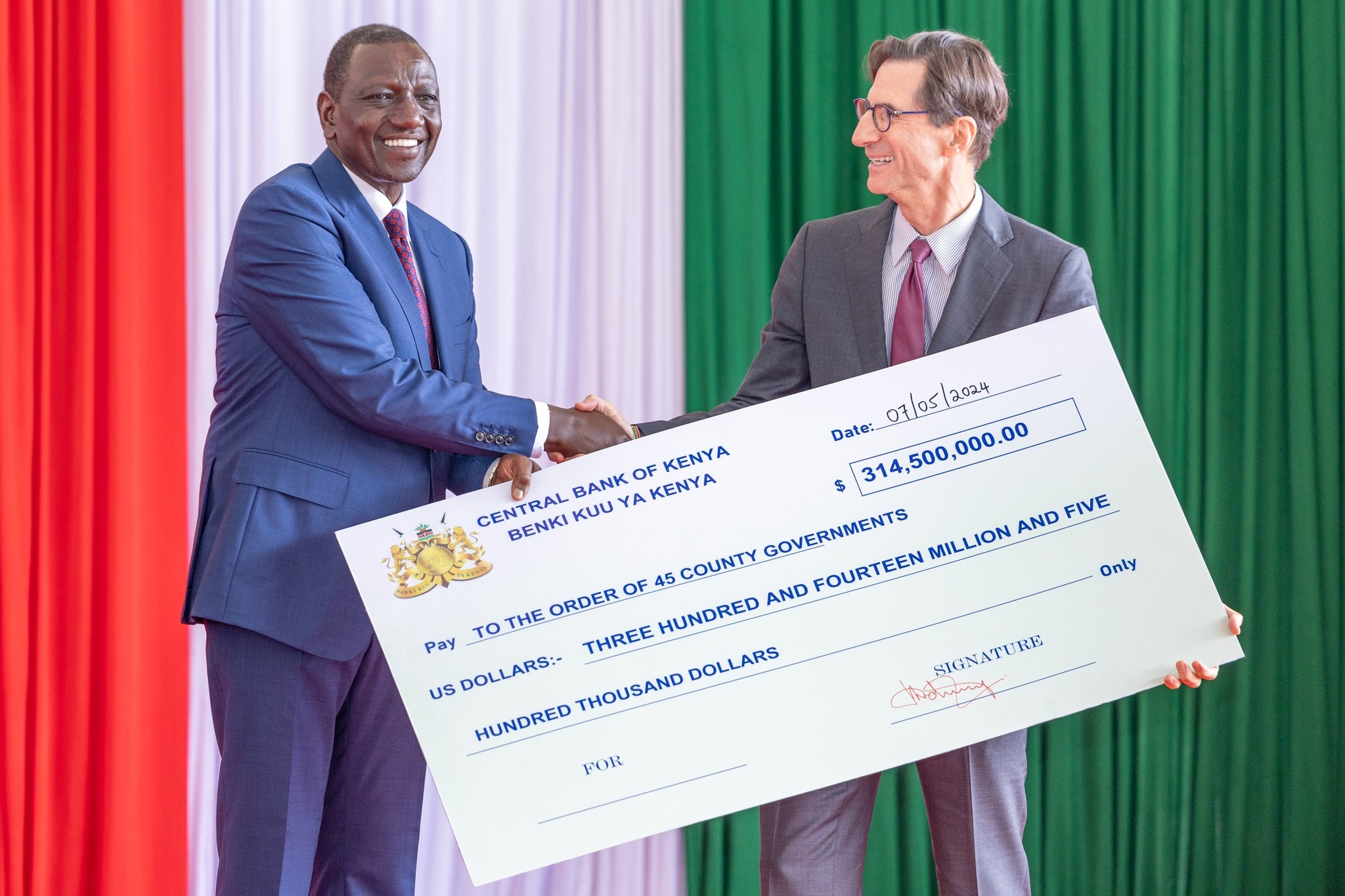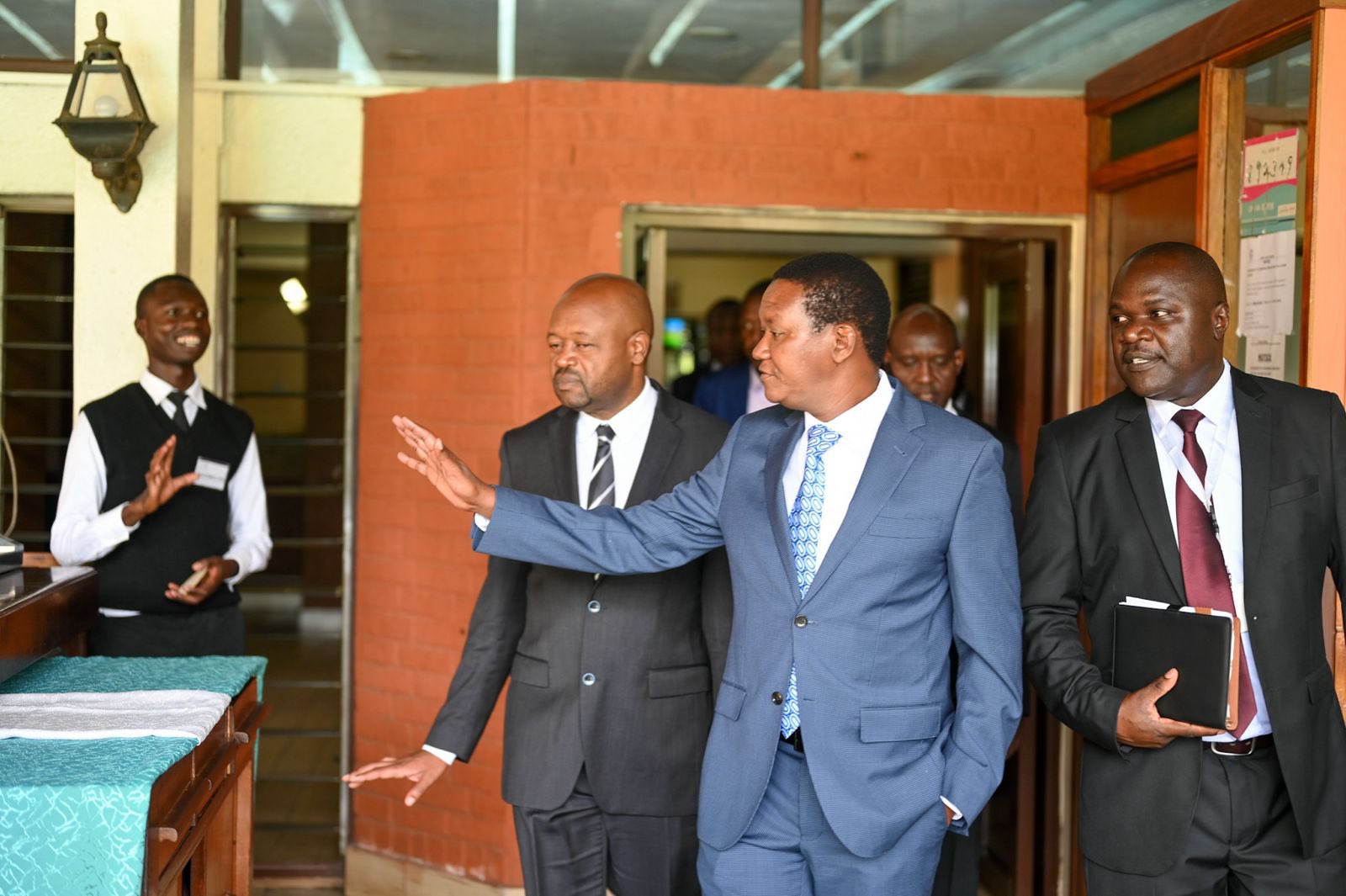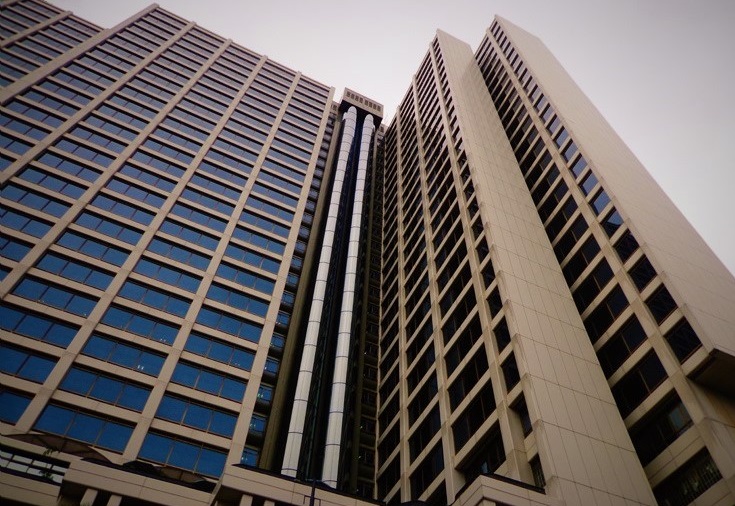
A recent visit by over 20 international coffee buyers from seven different countries to coffee factories in Nyeri County has shed light on a long-held suspicion among Kenyan coffee farmers. These farmers have long believed that middlemen in the coffee trade have been exploiting them, paying meager prices for their coffee, despite its premium status in international markets.
Representing various European and Asian nations, these buyers were brought together by the Nice Coffee Expo for a six-day tour, during which they made a shocking discovery regarding the discrepancies between the prices they pay for Kenyan coffee and the earnings that eventually reach the coffee growers.
Frederick Bauer, a seasoned coffee buyer from Germany with a decade of experience sourcing Kenyan coffee, voiced his concern: “The issue in Kenya appears to be that we pay premium prices, but the income received by the farmers remains dismally low. The gap between our payments and the farmers’ earnings is substantial.”
Buyers like Bauer have expressed their frustration over the lack of transparency regarding the farmgate prices paid to Kenyan coffee farmers. They often receive vague percentage figures from their intermediaries. However, they remain hopeful that the ongoing reforms in Kenya’s coffee industry may enable them to establish direct connections with the farmers.
Chris, a buyer from South Africa, revealed that a significant portion of Kenyan coffee ends up in the European market rather than South Africa. He is enthusiastic about the prospect of directly purchasing coffee from Kenyan farmers, acknowledging the challenges faced by coffee growers in impoverished regions. Chris looks forward to participating in a cupping event to sample various Kenyan coffee varieties.
David Zhang, representing China, emphasized the growing demand for Kenyan coffee in his country. He eagerly anticipates the opportunity to source coffee directly from Kenyan farmers.
Kanyi Mbote, a representative from the Thunguri factory in Mukurweini, expressed his satisfaction with the tour and stressed the potential benefits for Kenyan farmers resulting from direct negotiations with buyers, bypassing middlemen.
A confidential source among the group of buyers disclosed that they pay nearly $15 per kilogram of clean coffee, while farmers receive less than a dollar for the same quantity.
Deputy President Rigathi Gachagua, who leads coffee reforms in the Kenya Kwanza administration, has pledged to eliminate cartels that exploit farmers and profit from their labor, promising a brighter future for Kenyan coffee growers.






